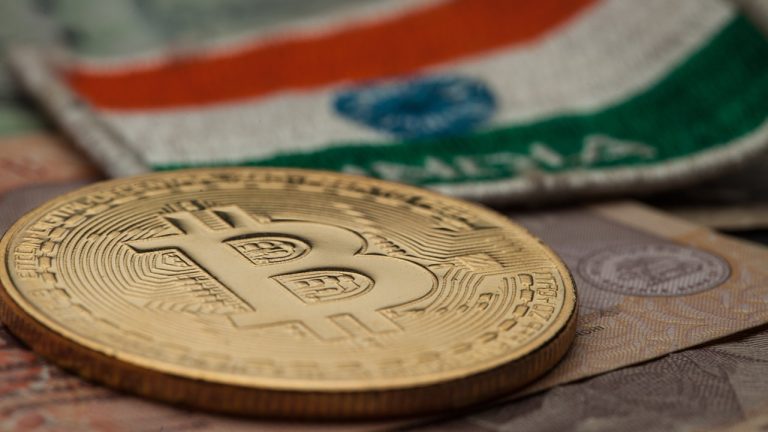
Indian government should lower a tax on crypto transactions as it’s not fulfilling its stated purpose, a local cryptocurrency exchange said. The company blames the levy, which was introduced last year, for driving Indian crypto trading volumes to overseas platforms.
Indian Exchange Expects Government to Reduce Crypto Tax Burden
Authorities in New Delhi imposed a 1% tax deducted at source (TDS) on crypto transactions in 2022, declaring that the main goal is to track buying and selling rather than raise revenue for the state budget. But the levy has proven counterproductive and must be lowered, according to the Indian crypto exchange Coindcx.
The tax has driven 95% of Indian trading volumes to platforms operating abroad that Indian officials can hardly monitor, the company’s CEO Sumit Gupta said, quoted by Bloomberg. “The whole purpose of the TDS was to track and trace transactions but that is getting defeated,” he pointed out.
As a result of the tax, market makers have exited Indian exchanges due to higher costs, hurting liquidity and deterring trading. Domestic trading platforms remain in limbo even as the current crypto rebound boosts volumes in other markets, the report notes.
In a funding round in April 2022, Coindcx was valued at $2.15 billion. Its revenues now are around a third of those registered before the 1% tax was introduced in July last year and the firm has cut 12% of its staff, Gupta revealed. He added that the company’s compliance expenses have gone up in the meantime, since the government applied anti-money laundering laws to the sector.
Earlier this year, India introduced new penalties for crypto tax evasion. Besides the TDS, crypto profits in India are taxed at a 30% rate. No changes were made to the existing tax regime regarding crypto transactions in the nation’s budget for 2023 and no tax relief was given to the industry or crypto investors and traders.
Gupta also said he anticipates more regulatory clarity from the government by the end of 2025, after the general election next year. India, which holds the G20 presidency, has called for a global approach to crypto regulation through international institutions. Last month, its Economic Affairs Secretary Ajay Seth indicated New Delhi intends to finalize its stance on crypto in the coming months.
While activity on Indian exchanges has decreased significantly, adoption continues to grow through other means, including offshore crypto trading and various related financial services. According to blockchain analytics firm Chainalysis, Indians have received crypto assets valued at around $250 billion in the year through June.
Do you think the Indian government will revise its crypto tax policy? Share your expectations in the comments section below.















